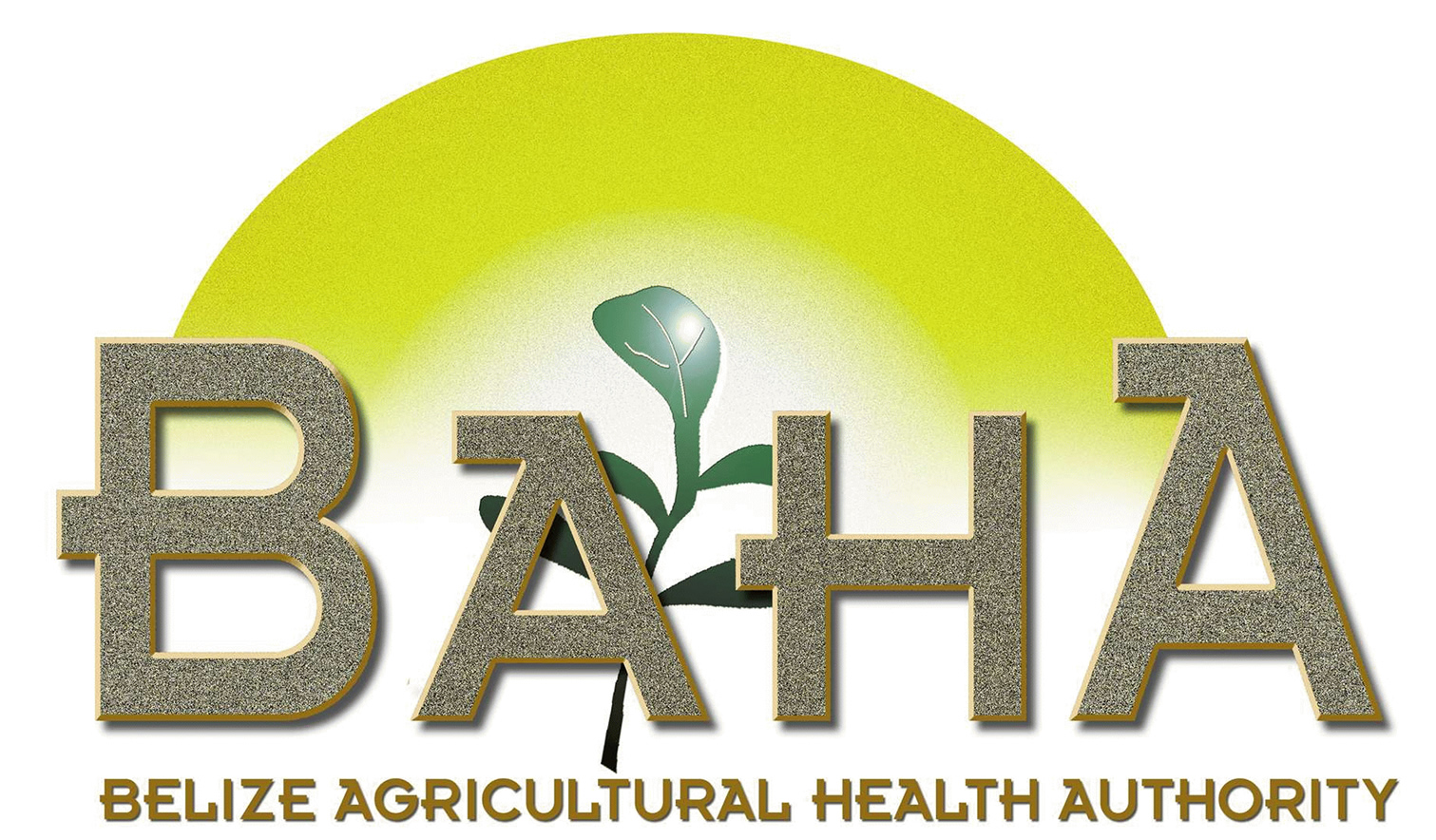The Food Safety Department of BAHA is responsible for ensuring that food products that are placed in the market are safe for human consumption. The food safety controls includes the following activities:
- Inspection of food processing establishments such as shrimp and fish processing plants, dairy plant, juices, hot pepper sauces etc.
- Certification and food audits for GMP and HACCP
- Laboratory diagnostic: Microbiology (fecal coliforms, Salmonella, Vibrio, E. coli); Chemical analysis for residues (veterinary antibiotics, additives, pesticides,)
- Meat Inspection Program: Ante mortem and post mortem inspections at slaughter facilities.
- High Seas Fishing Vessel Inspection Program: Inspection of fishing vessels that are registered by IMMARBE and conduct fishing activities under the Belize flag. These vessels are inspected to determine food safety compliance (HACCP) and thus are able to unload their fish products in the European market.
- National Residues Program: chemical residues testing of shrimp, tilapia, milk and poultry meat. The range of analysis comprised of: prohibited drugs (chloramphenicol, Nitrofurans); Antibacterial drugs (sulfonamides, tertracycline, florfenicol); Antihelmintics, Organochlorine and PCBs, heavy metals (Cadmium, Hg, Pb); Mycotoxins and Dyes (Malachite green).
- Issuance of import permits for food commodities including import risk profiling for first time importations.
- Food safety trainings on GMP, SSOP and HACCP to food safety inspectors and the food industries.
The Food Safety Department has a mandate to monitor, evaluate and take action on any matters that may have a direct or indirect effect on the safety of the food supply. This is done not only for the export market, but for local consumption as well.
Global trends in food production, processing, distribution and preparation present new challenges to food safety, and consumers are becoming increasingly concerned about the health risks posed by microbial pathogens and potentially hazardous chemicals in food.
The Food Safety Department conducts inspections at various food processing facilities throughout the country of Belize to ensure compliance with good manufacturing practices and HACCP principles. Sanitary certification of export products is also part of the department’s mandate.
The Central Investigation Laboratory provides the laboratory support to BAHA’s food safety program by analyzing foods through chemical, microbiological and physical methods to verify the absence of pathogens and contaminants and to record conformance with standards of safety and quality thereby assuring a safe food supply locally and internationally.
FOOD SAFETY LEGILATIVE FRAMEWORK
- (Animals) (Ante Mortem) (Inspection) Regulations S.I. NO. 23 of 2001
- (Food Processing Plants/Potable Water) (Minimum Standards) S.I. NO. 24 of 2001
- (Food Safety Regulation) S.I. NO. 25 of 2001
- (Fish & Fisheries Products Inspection) (Import & Export Regulations) S.I. NO. 173 of 2001
- (Biological Residues) (Control) Regulations S.I. NO. 183 of 2001
